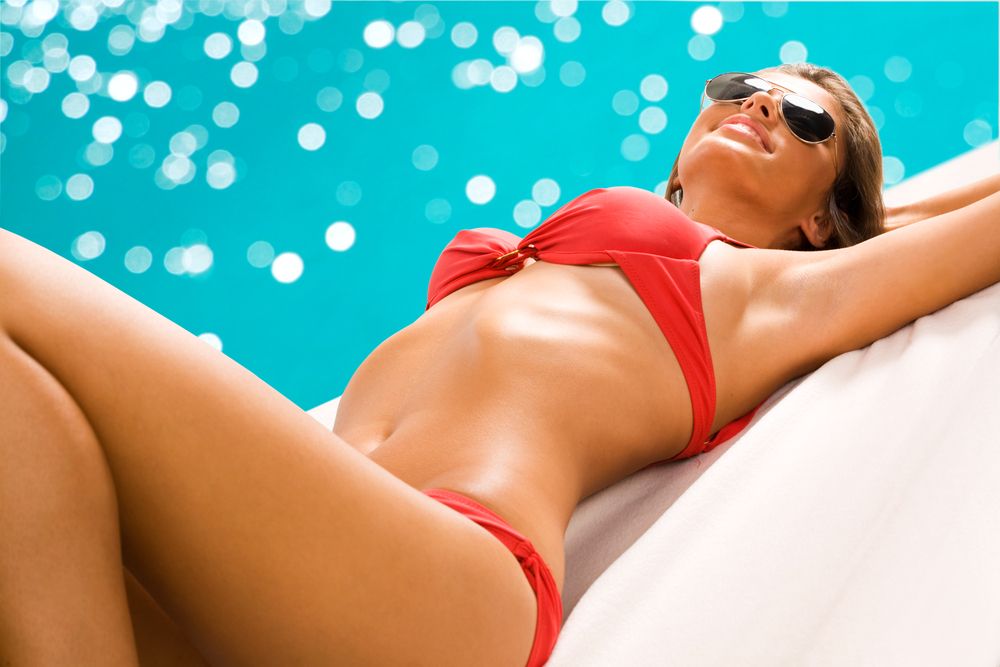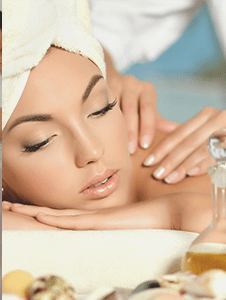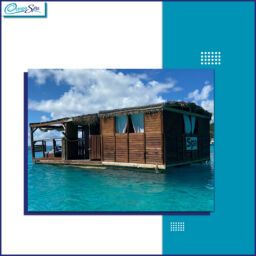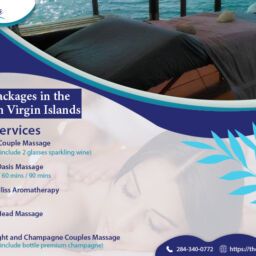
“Relaxing by the ocean is like taking a mental-health holiday–but it also sets off a series of fascinating physical effects”
The sunshine on your skin triggers your brain to release endorphins, natural narcotics that help curb pain and brighten your mood (even when you’re wearing SPF).
The sun’s rays come to earth in two wavelengths: ultraviolet A and ultraviolet B. Both seep into your skin and are absorbed by pigment cells called melanocytes. Feels good, but UV damages DNA in melanocytes and elsewhere in the body.
Those same rays prompt your skin to start producing the supernutrient vitamin D. (If you used dermatologist-recommended broad-spectrum SPF 30–and you should!–the lotion is blocking most UV rays and the vitamin D–making process. But you can still get your daily 1,000 IU of D via food and supplements.)
Within 30 minutes:
Forgot your sunscreen? Many of your melanocytes are fried and beginning to self-destruct. The immune system sends in a battalion of immune cells to help. Your blood vessels expand to accommodate the rush.
Even if you slathered on SPF, your remaining melanocytes are pumping out the pigment melanin. Yes, this is what makes you tan–but its purpose is far from cosmetic. Melanin covers skin cells like mini cabanas, shielding them from further radiation. In other words, your bronzed hue is a self-defense mechanism. (The darker your natural skin tone, the more melanin you already have and the slower the process.)
Meanwhile, the light hitting your eyes is reinforcing your circadian rhythm (you’ll likely sleep well tonight). But those pesky UV rays can irradiate your lenses and corneas, causing eyeball sunburn. Wear your shades!
As the day goes on:
There’s no scientific evidence that breathing salty air has benefits. Salt water, however, may help strengthen your dermis or soothe itchy, inflamed skin. Unfortunately, it strips off your natural oils in the process, which is why you might need to double up on moisturizer later on.
Seawater can also lend your hair that textured, beachy look. And UV rays break down the pigment in your strands, leaving you with natural (and free!) highlights. Careful, though: Sunlight knocks out keratin, the protein that helps keep your hair strong and shiny.

The next day:
If you didn’t use sunscreen, your blood vessels are still dilated, which is why your skin is red and painful–i.e., sunburned. You can douse yourself in soothing aloe, but the damage is mostly done.
Thanks to a suppressed immune system, you may be more vulnerable to infections. If you tend to get cold sores, they’re more likely to strike now. And your body could have trouble pruning away the damaged DNA that leads to melanoma.
The bottom line? Reapply SPF liberally and often. UVA rays can zap collagen and elastin, the springy connective tissues that make your skin supple. Once those are gone, they don’t bounce back. Enter sagging and wrinkles. You can enjoy the beach . . . just do it wisely.







